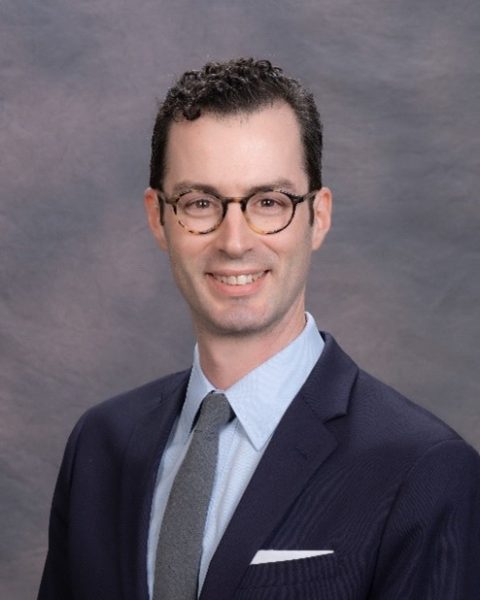Department of Nuclear Engineering

All Events
- This event has passed.
[Seminar] Rust Never Sleeps: Hot liquids, ionizing radiation, and the materials that can stand up to them
May 5, 2022 @ 4:00 pm - 5:00 pm
Event Navigation
 Dr. Stephen Raiman
Dr. Stephen Raiman
Assistant Professor of Nuclear Engineering
Texas A&M University
Abstract
As reactor designers challenge the limits of material performance, corrosion scientists work on controlling material and environmental properties to meet these challenges and ensure long economic service times. This 2-part talk will discuss recent research showing how corrosion science is used to address challenges with current light water reactors and enable next-generation molten salt reactors
Nuclear power is our world’s most abundant source of clean, scalable baseload energy, but high-profile accidents have eroded public confidence. It may be surprising to learn the Fukushima accident in 2011 was a corrosion problem, involving runaway oxidation of a zirconium alloy used as a core structural material. Since the accident, the nuclear industry together with the Department of Energy has sought to replace zirconium-based fuel cladding with a material that will better withstand a beyond-design-basis accident. Part 1 of this talk will present results and analysis of experiments investigating corrosion of materials for use as advanced accident-tolerant fuel cladding.
The second part of the talk will describe a program investigating materials for use with molten salts as a coolant and storage medium in advanced nuclear reactors, concentrating solar power systems, and thermal batteries. Among the challenges with using molten salts is the aggressive environment imposed upon salt-facing structural components. A combined experimental and computational strategy in which flowing and static salt experiments were coupled with multiscale modeling were used to identify relevant reactions and to develop a description of the alloy-salt system. This presentation will describe an approach to fundamentally understanding degradation of alloys in molten salts, and using the knowledge to create practical engineering solutions.
Biography
Dr. Stephen Raiman is an Assistant Professor of Nuclear Engineering at Texas A&M University, and affiliated faculty in the Department of Materials Science and Engineering. He is interested in understanding corrosion and degradation of materials in extreme environments. Prior to joining Texas A&M University, he spent 4 years as a staff researcher in the Materials Science and Technology Division of Oak Ridge National Laboratory. He graduated from The University of Michigan in 2016 with a Ph.D. in Nuclear Engineering and Radiological Sciences with a concentration in materials. He also holds a B.S. in Physics from the University at Buffalo.
Thursday, May 5. 2022
4:00 pm seminar
Hybrid Option (Speaker is in person)
zoom (link upon request)
or
Room 1202 Burlington Labs
